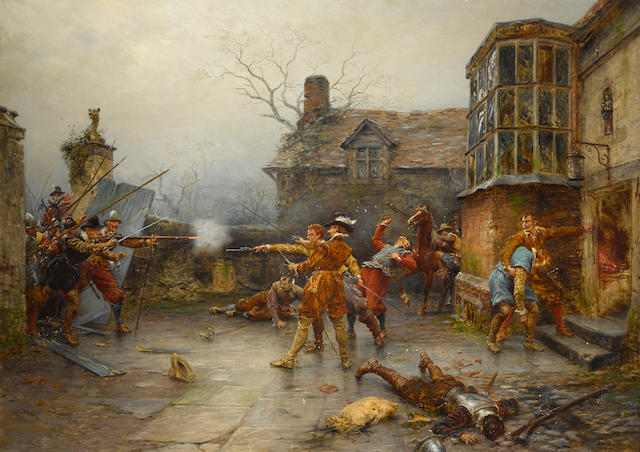
Macbeth And The Gunpowder Plot: Part 1
Bonfire night, this year, will be a different one. With the pandemic closing many organised events it‘s likely celebrations will feel more like a damp rocket or a sparkler that’s lost its sparkle.
Fireworks Night has become such a part of our zeitgeist that it’s easy to forget why it was celebrated in the first place. Even if we do ‘remember, remember’ Guy Fawkes, I bet most of us don’t realise how entangled Shakespeare’s play Macbeth (and indeed the bard himself) were with the gunpowder plot.
The Plot
On 4th November 1605 a plot was foiled, to blow up England’s new King, James I. Already the Protestant King of Scotland, James had succeeded Elizabeth I to the English throne in 1603. Prior to this, English Catholics had suffered years of persecution, a trend that was set to continue under the new King. Priests were hunted down like witches and the risk of non-confirming could result in death. Presented with this fait accompli, some Catholics continued to practice the ‘old religion’ in secret. Including Shakespeare’s father. Allegedly.
The gunpowder plot was a violent reaction to this persecution. The plan was simple: Kill James and replace him with a Catholic monarch. The 5th November was chosen as the assassination date, as the King would be present at Parliament that day. Explosives were stashed under the Palace of Westminster, ready to blow James to (presumably a Protestant) kingdom come.
However, Guy Fawkes and the gunpowder were discovered on the evening of the 4th November and a veritable witch hunt began for the remaining conspirators. Eventually, all were brought to bloody justice by either torture, a dramatic shoot out (pictured, The Conspirators Last Stand), or being hung, drawn and quartered (or a delightful combination of all three). To celebrate the foiled coup, Parliament declared the 5th November a commemorative holiday, which brings us to this year and our damp sparklers.
Drawing The Link
Startlingly, a direct link can be drawn between William Shakespeare and the conspirators: Shakespeare’s father was friends with the father of Robert Catesby, the lead conspirator.
Shakespeare frequently drank at ‘The Mermaid’, the same tavern, as the plotters. And then there’s the play… about conspirators… who commit regicide and usurp the Scottish throne. It was written for his company’s new patron, James I. In 1606. The year after the gunpowder plot. He called it Macbeth.
The links between the plot and the Scottish Play will be further discussed in Part 2, which you can find by clicking here.
Sources:
British Library
BBC Bitesize
Shakespeare Online
Historytoday.com
Collins English Dictionary
